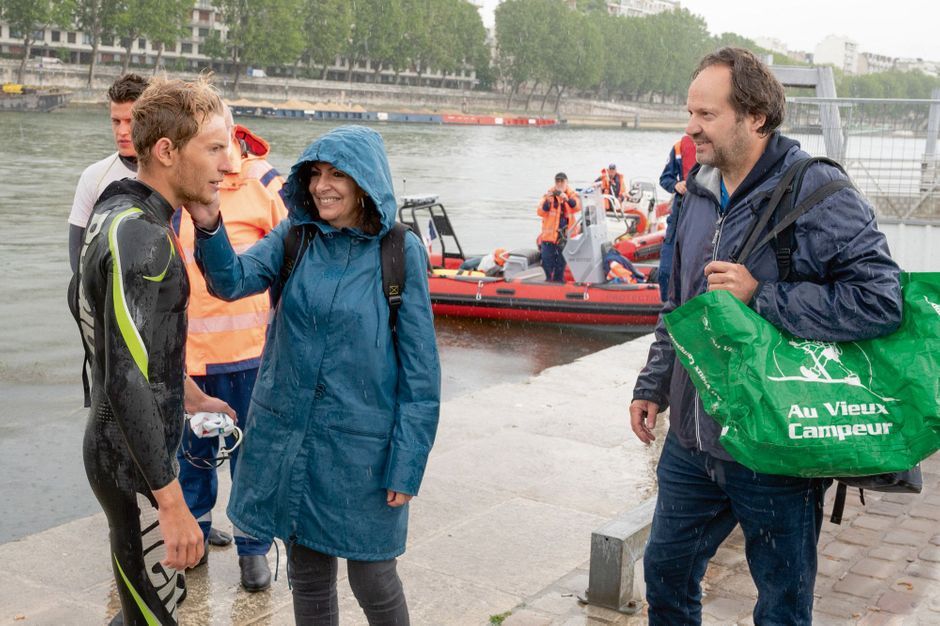The requirement was that Norway should appoint who would control the cash flow in Hungary, so that the money is administered independently of the country’s authorities. Hungary said no to the fund manager Norway and the other two EEA countries had pointed out.
More than NOK 100 million should go to voluntary organizations, which in some cases can work against the government’s policy. Like the fight for LGBT rights.
The money is part of the price Norway pays for the EEA agreement.
– I note that we have not agreed, after a long and extensive process. In our opinion, the EEA funds could play an important role, especially to support civil society in Hungary, but also to contribute to innovation in business, energy and climate, and to promote the rights of minorities, says Foreign Minister Ine Eriksen Søreide.
– DISAGREE: Prime Minister Viktor Orbán and Hungary would decide for themselves who would manage over 100 million from Norway to various organizations. Norway said no to that. Photo: Emmanuel Dunand / AFP
–
Had a deal
Just before Christmas last year, Norway and Hungary agreed on a framework agreement for the EEA funds for the period 2014-2021. In total, Norway was to pay out NOK 2.3 billion, including for better integration of Roma people and energy and climate measures.
Norwegian actors such as the Cultural Council, Innovation Norway, the National Heritage Board, KS and NVE were involved in a number of projects under planning.
The EU countries and Hungary, on the other hand, did not manage to agree on how the EEA funds for so-called civil society should be managed, despite negotiations until 21 July.
Thus, Norway will stop supporting all programs financed by EEA funds in Hungary in the period 2014-2021.
Through the EEA agreement, Norway is part of the internal market in Europe. Norway will pay around NOK 28 billion for this in the current period from 2014 until this year. The EEA funds will reduce social and economic inequalities in Europe and strengthen cooperation between the countries.
EEA funds are paid to 15 countries, all in Eastern Europe, except Portugal. Norway finances more than 95 per cent, while Iceland and Liechtenstein account for the rest of the contribution.
We as donors have an inalienable requirement for all 15 recipient countries that the Civil Society Fund shall be managed independently of the authorities. Hungary has accepted this, but they have not been able to accept that the best qualified fund operator should be awarded the contract.
– We have therefore not agreed, and then it follows from the agreement we entered into with Hungary in December 2020 that there will be no EEA programs in Hungary during this funding period, says the Minister of Foreign Affairs.
Stopped money to Poland
Norway has previously stopped supporting projects in Poland located in municipalities that have declared themselves as LGBT-free zones. In the autumn, new negotiations will begin on how much Norway will pay for the EEA agreement in the years to come. Both Poland and Hungary are on the list of countries that are likely to receive EEA funding in the years to come.

Dawid (19) lives in an LGBT-free zone: – Would never rent his girlfriend
Hungary has recently come under fire for a new law restricting children and young people’s information about homosexuality and transgender people. The European Commission is threatening to sue Hungary because of this law. Norway has also officially protested against Hungary’s LGBT law.
The head of the European Commission, Ursula von der Leyen, calls the law a disgrace.
– The law obviously discriminates against people because of their orientation. I want to use the Commission’s authority to secure the rights of all EU citizens, von der Leyen said a month ago.
–


